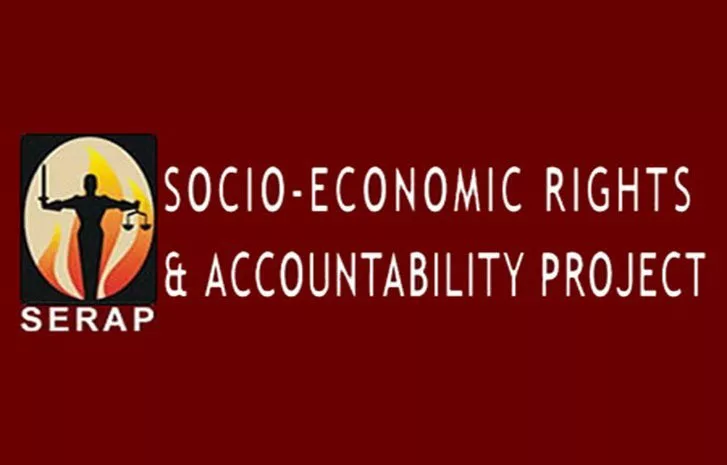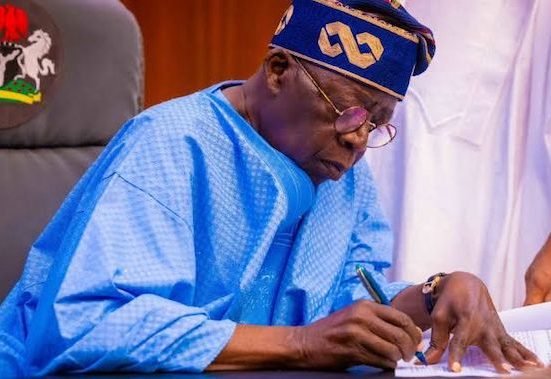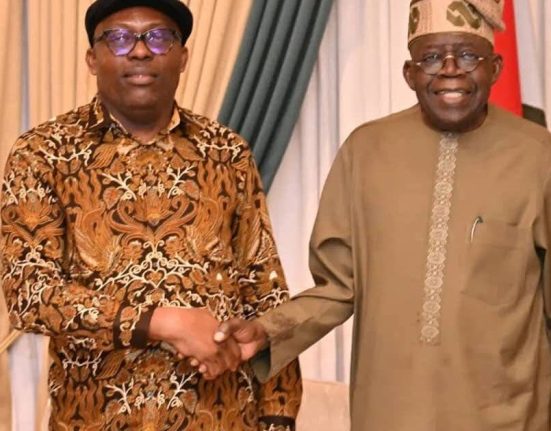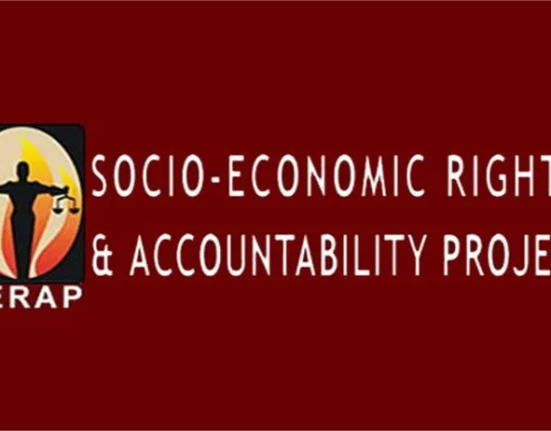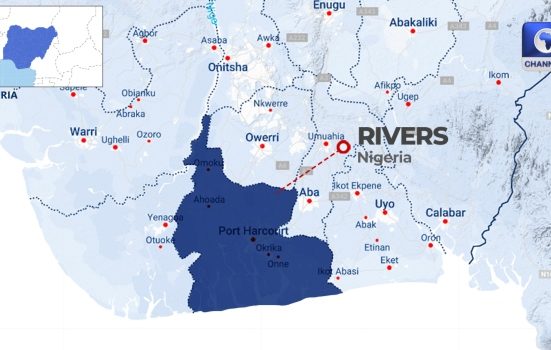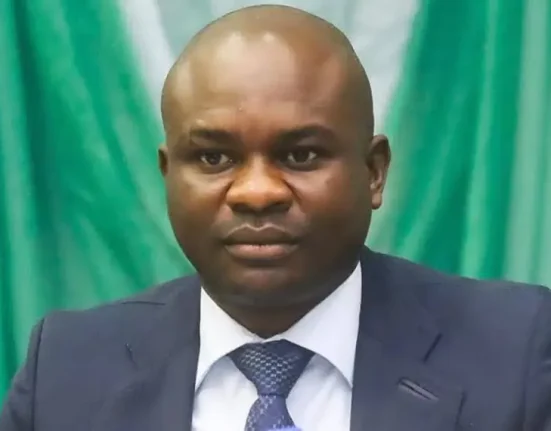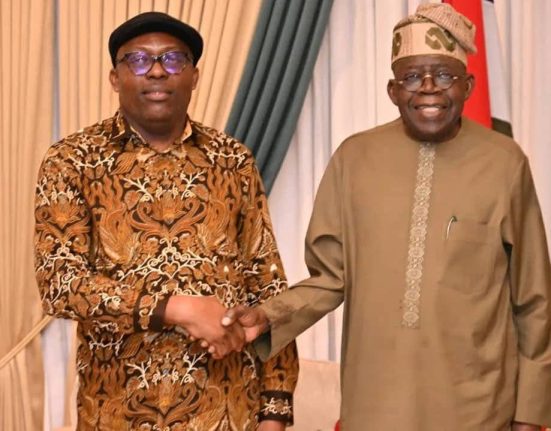A former Senate President and Chairman of the Board of Trustees (BoT) of the Peoples Democratic Party (PDP), Adolphus Wabara, on Sunday strongly criticized President Bola Tinubu’s decision to declare a state of emergency in Rivers State.
In a statement, Wabara labeled the President’s actions unconstitutional, describing them as a grave assault on democracy and calling for an immediate reversal. This criticism comes as the Socio-Economic Rights and Accountability Project (SERAP) has filed a lawsuit against President Tinubu, challenging the legality of his decision.
State of Emergency and Its Implications
On March 18, 2025, President Bola Tinubu declared a state of emergency in Rivers State, citing political instability due to the ongoing conflict between Governor Siminalayi Fubara and the Martin Amaewhule-led House of Assembly, which remains loyal to the former governor and current Minister of the Federal Capital Territory, Nyesom Wike.
The emergency declaration led to:
Suspension of Governor Siminalayi Fubara
Suspension of Deputy Governor Prof. Ngozi Odu
Suspension of the Rivers State House of Assembly members
Appointment of a Sole Administrator, retired Vice Admiral Ibok-Ete Ibas, for an initial six-month period
The National Assembly ratified the proclamation on March 21, 2025. However, opposition leaders, including former President Goodluck Jonathan and Nobel laureate Prof. Wole Soyinka, have condemned the move as an authoritarian overreach.
Wabara’s Criticism
Wabara, in his statement, argued that Tinubu’s decision undermines Nigeria’s democratic process and ignores constitutional provisions.
“This action is a gross violation of Nigeria’s Constitution, the foundational legal document that guarantees the rights of Nigerians to participate in the democratic process. It is a direct assault on democracy and the rule of law.”
He further criticized the National Assembly, warning that lawmakers must not become a rubber stamp for executive overreach.
“The people of Rivers State exercised their democratic rights in electing their leaders, including the governor, deputy governor, and members of the House of Assembly. These leaders were not appointed by the President or any other authority but were chosen by the people.”
Wabara reminded Nigerians of the military dictatorship era, arguing that Tinubu’s action threatens the country’s democracy.
“The Constitution does not empower the President to unilaterally remove or replace elected officials. Such actions amount to an unconstitutional usurpation of power and a fundamental breach of Nigeria’s federal structure.”
SERAP’s Legal Challenge
The Socio-Economic Rights and Accountability Project (SERAP) has taken legal action against President Tinubu, seeking to overturn the suspension of elected officials in Rivers State.
The case, filed on March 22, 2025, at the Federal High Court in Abuja, lists:
President Bola Tinubu (Defendant)
Attorney General of the Federation and Minister of Justice, Prince Lateef Fagbemi (SAN)
Sole Administrator of Rivers State, Vice Admiral Ibok-Ete Ibas (Retd.)
The plaintiffs—Yirabari Israel Nulog, Nengim Ikpoemugh Royal, and Gracious Eyoh-Sifumbukho—argued that Tinubu’s actions violate fundamental democratic principles and Nigeria’s constitutional structure.
The suit seeks:
An order to set aside the suspension of the elected officials in Rivers State
An order nullifying the appointment of Vice Admiral Ibok-Ete Ibas as Sole Administrator
The legal challenge, filed by human rights lawyer Ebun-Olu Adegboruwa (SAN), asserts that:
“The rule of law would be a mere figure of speech if the people’s right to participation can be arbitrarily suspended or violated.”
SERAP argues that the President’s emergency proclamation is inconsistent with Sections 1(2), 14(1)(c), 176(1)(2), and 305(1) of the 1999 Constitution and contradicts Nigeria’s international obligations under the African Charter on Human and Peoples’ Rights.
No date has been fixed for the hearing. The legal battle is expected to shape the future of Nigeria’s democratic governance and federalism.
The Road Ahead
As the political crisis in Rivers State deepens, opposition parties, civil society organizations, and legal bodies are intensifying pressure on the Tinubu administration. Whether the legal challenge and public outcry will lead to a reversal of the emergency rule remains uncertain.
For now, Rivers State remains in a political limbo, with governance placed under a sole administrator for the first time since Nigeria’s return to democracy in 1999.

